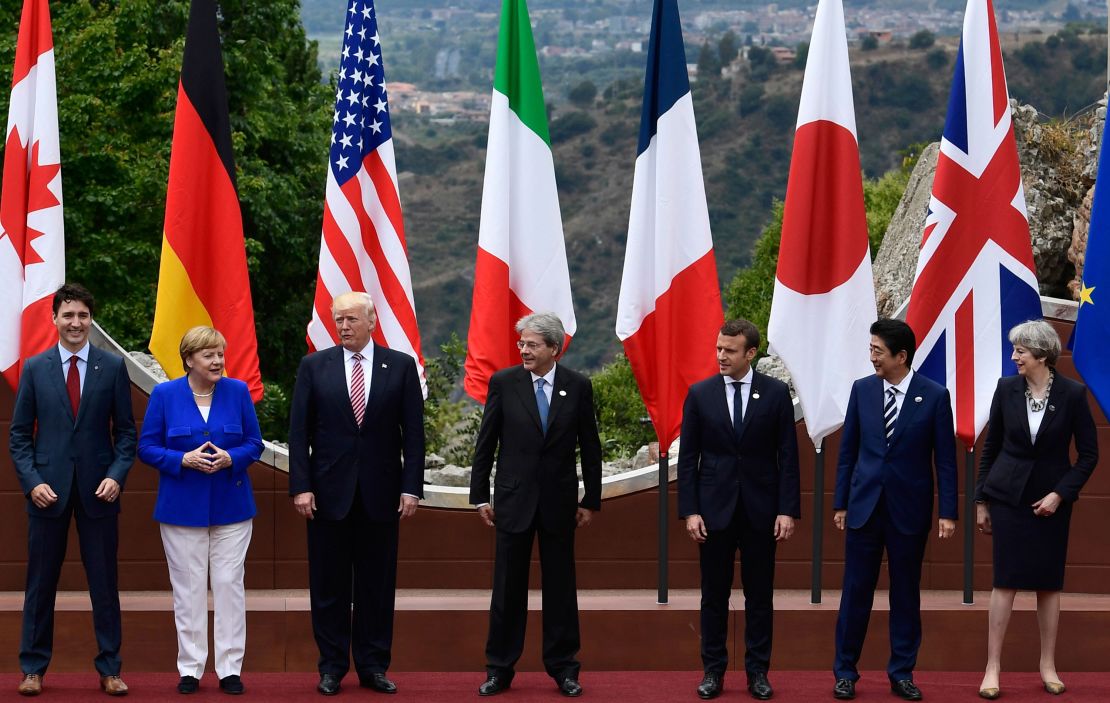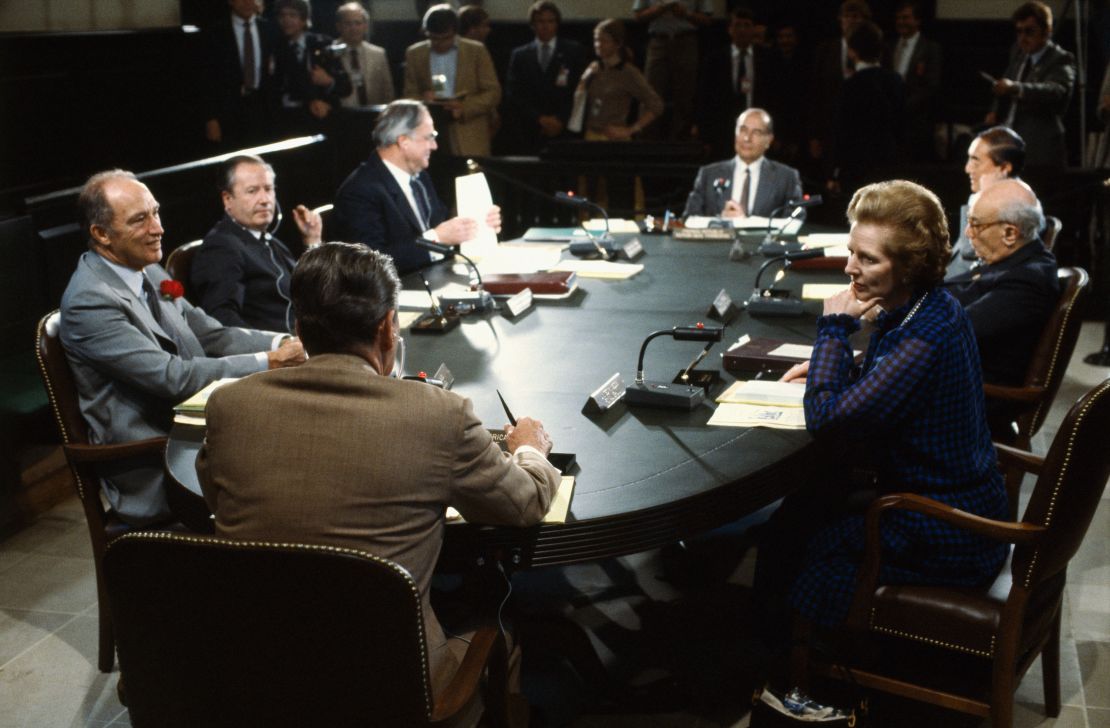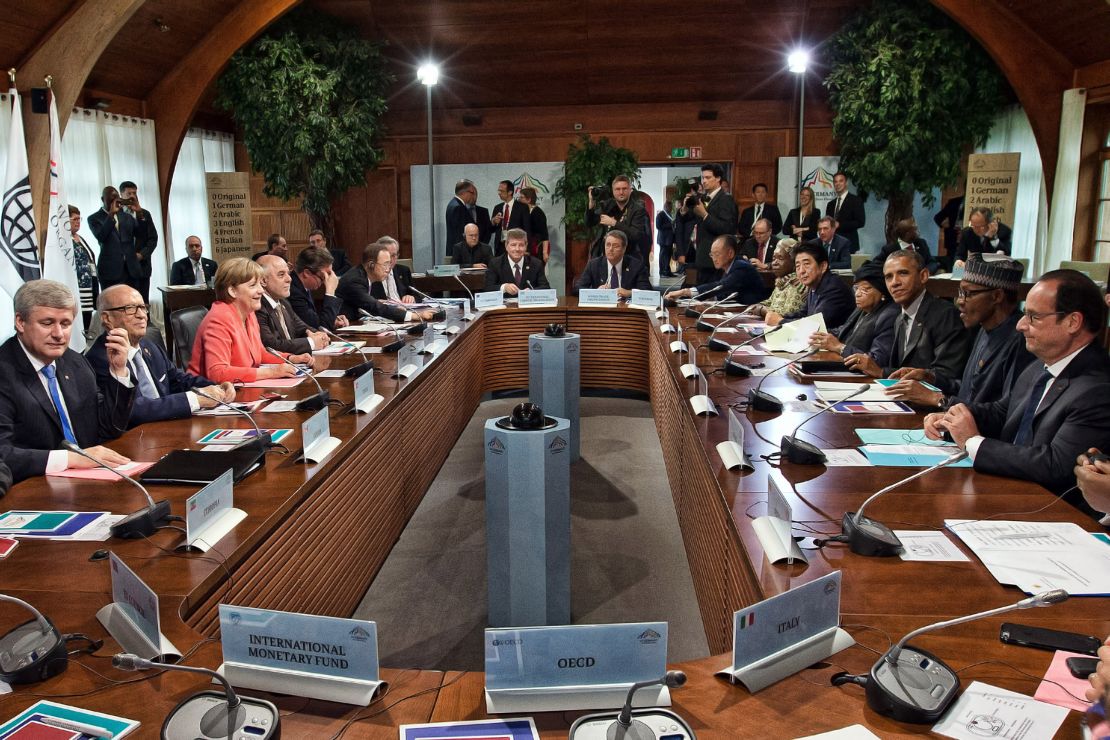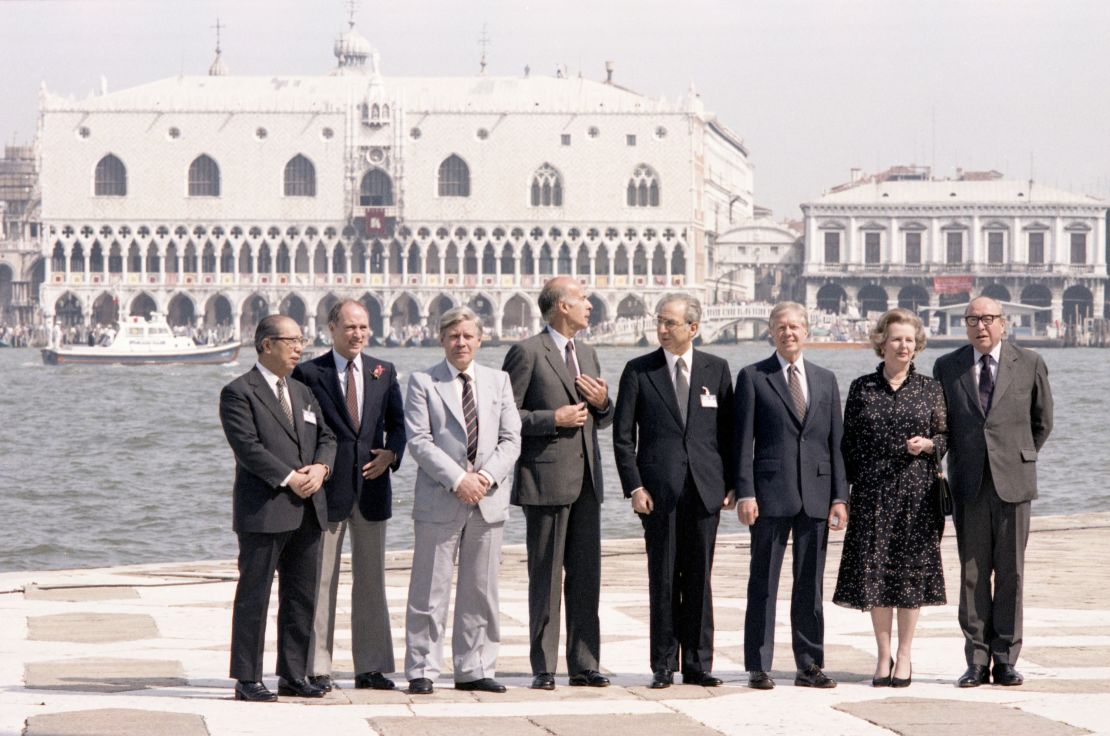President Joe Biden’s first trip abroad since taking office includes a G7 summit where he’ll look to reestablish US leadership on the world stage.
But what is the G7, and what power does it hold? Here’s what you need to know:
What is the G7?
The G7 is shorthand for Group of Seven, an organization of leaders from some of the world’s largest economies: Canada, France, Germany, Italy, Japan, the United Kingdom and the US.
Russia was indefinitely suspended from the group – which was at the time known as the G8 – in 2014 after the majority of member countries allied against its annexation of Crimea. It was the first violation of a European country’s borders since World War II.

What does the G7 do?
Members of the G7 meet each year for a summit to discuss pressing issues on the global stage and coordinate policy.
International security and the world economy are often topics of discussion, though recovery from the Covid-19 pandemic is expected to dominate this year’s meeting.

In a statement ahead of the summit, UK Prime Minister Boris Johnson said he will urge his fellow G7 leaders at the summit to make concrete commitments to vaccinate the world, as well as give support to the “Global Pandemic Radar” – a new global surveillance system intended to protect immunization programs.
What power does the G7 have?

The G7 is primarily a venue for coordination, and the group has produced decisions of global consequence.
Ahead of this year’s summit, for instance, G7 finance ministers agreed to back a global minimum tax of at least 15% on multinational companies. The G7 group also agreed that the biggest companies should pay tax where they generate sales, and not just where they have a physical presence.
RELATED: Why Biden’s foreign trip is so unique and so important
US Treasury Secretary Janet Yellen said Saturday that the agreement was a “significant, unprecedented commitment,” from the world’s richest economies aimed at preventing companies from avoiding taxes by shifting profits overseas.
What is the history of the G7?

The meetings began as the “Library Group,” founded in the 1970s by then-US Treasury Secretary George Shultz.
Finance ministers of the US, France, Germany and the UK met for informal “fireside chats” to try to stabilize currency turbulence.
Japan joined soon after and, in 1975 – with two of the original participants having by then become French president and German president – the meetings were turned into gatherings of heads of state and government.
Canada and Italy soon joined and they became known as the Group of Seven.




